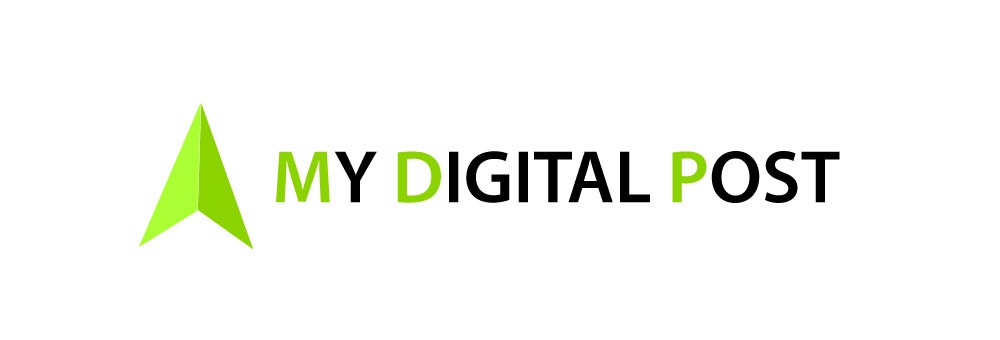WordPress is a popular CMS platform. Its alternative CMS tools, like Drupal, Joomla and others, also hold a significant market share, but no one can beat WordPress.
It is easier to use for those who don’t need coding expertise. WordPress plugins and themes make the task easier. Hosting infrastructure makes web projects scalable and accessible for internet users.
Managed WordPress hosting is a service where web hosting companies take care of every technical aspect. However, like every coin has two sides, WordPress hosting services have pros and cons.
In this blog, we’ll explore the pros and cons of WordPress hosting to help you decide if it’s the right choice for your website.
Pros of Managed WordPress Hosting:
1. Ease of Use
Ease of use is one of the main benefits of managed WordPress hosting. You don’t have to worry about setting up your website, installing WordPress, or managing updates using a managed hosting provider. As a result, you can focus on creating content and running your business while the provider handles everything.
2. Expert Support
Cheap WordPress hosting providers typically have a team of experts who can help you with any problems. If you need technical assistance or advice on optimizing your website for search engines, the provider’s support team is there to help.
3. Improved Performance
Servers optimized for WordPress websites are common among managed WordPress hosting providers. A faster website will perform better and load faster, resulting in a more stable website. Many managed hosting providers offer caching and content delivery network (CDN) services to improve website performance and speed.
4. Enhanced Security
Hacking attempts and malware infections can compromise your WordPress website’s security and put your users’ data at risk. Typically, managed WordPress hosting providers have robust security measures, including malware scanning, firewalls, and regular backups.
5. Scalability
Increasing traffic and demand may require more resources as your website grows. Most managed WordPress hosting providers offer scalable plans allowing you to upgrade your resources. During peak traffic periods, your website won’t slow down or experience technical glitches.
Cons of Managed WordPress Hosting:
1. Limitation
Such hosting infrastructure is basically for WordPress sites only. Later, if you want to host PHP or Node.js websites on the same, it will not support it. Therefore, website compatibility is the foremost limitation factor of WordPress hosting.
2. Server Resources
WordPress hosting operations are similar to shared hosting. In this, server resources (CPU, RAM and SSD storage) are shared among hosting users. Thus, the performance of WordPress websites will be lower by combatively hosting them on VPS or dedicated servers.
3. Limited plugin support
WordPress is known for its vast library of plugins, which allow website owners to add a wide range of functionality to their sites. However, not all plugins are compatible with managed WordPress hosting. Some hosting providers restrict the use of certain plugins for security or performance reasons, limiting your ability to customize your site.
4. Scalability
Managed WordPress hosting is designed to handle a certain level of traffic and usage. If your website grows beyond that level, you may need to upgrade to a more expensive hosting plan or switch to a different hosting provider. This can be a hassle and lead to downtime or other issues during migration.
5. No dedicated IP
Users looking for a dedicated IP address will prefer something other than WordPress hosting. VPS and dedicated hosting plans provide the same.
6. Plugin Limitations
The types of plugins that can be used on managed WordPress hosting websites are often limited. Some plugins can conflict with the hosting environment or cause performance issues. You may be frustrated if your provider does not support a plugin you need for your website, but this is done to ensure stability and security.
How to Make Money Online Without Investment in 2023
7. Less Flexibility
Self-hosted WordPress may be more flexible than managed WordPress hosting. You may need help to install custom themes or plugins or be limited in their number.
Wrapping It Up
After reading the pros and cons, you might have decided whether to choose WordPress hosting plans. First, evaluate your requirements and the type of website to host. Then, choose the relevant hosting plan keeping all technical configurations in mind. MilesWeb is the leading WordPress hosting provider with cloud and non-cloud infrastructure. Enjoy lucrative features like SSD NVMe storage, 24×7 support, unlimited bandwidth and others. These features scale online projects.














